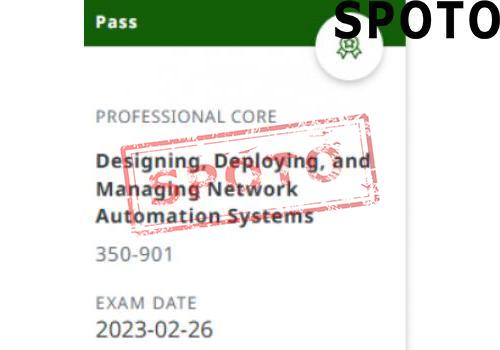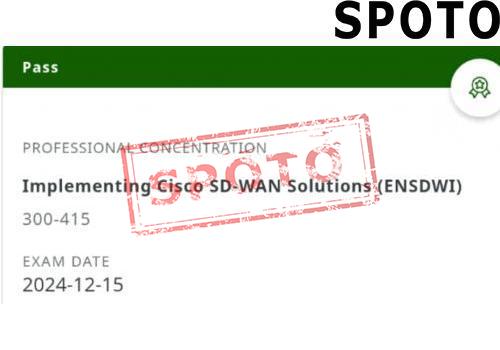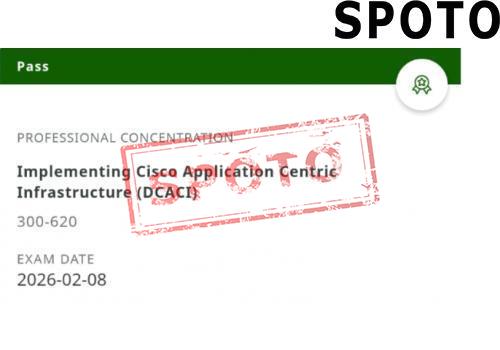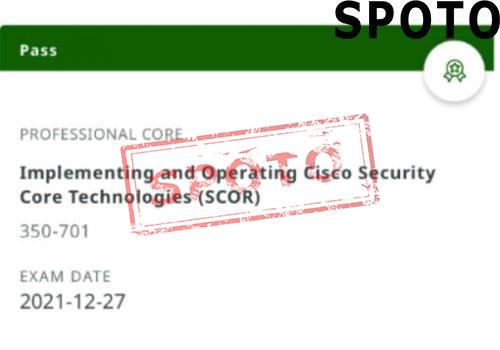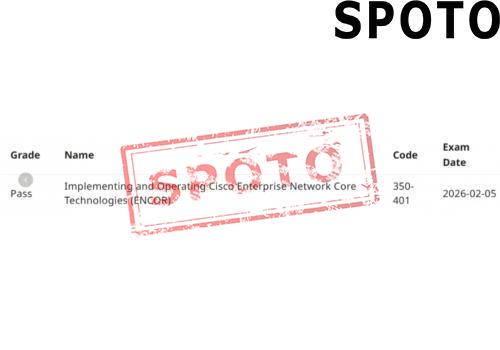
Table of Contents
This article will introduce you to what an Ip/Mpls Network Engineer is, the career information of an Ip/Mpls Network Engineer and the necessary conditions to become an Ip/Mpls Network Engineer.By reading this article, you will gain an in-depth understanding of the profession of Ip/Mpls Network Engineer.
1. What is an Ip/Mpls Network Engineer?
Ip/Mpls Network Engineer refers to a professional IT personnel who is responsible for developing, designing, implementing and maintaining the IP and MPLS-based network systems of an enterprise or organization.
Other job duties for an Ip/Mpls Network Engineer may include the following:
- Design and implement complex network solutions, including MPLS networks, to meet customer needs and ensure network reliability
- Perform necessary network monitoring on a daily basis to ensure safe operation of network systems
- Troubleshoot and repair IP/MPLS network hardware and network IP/MPLS network issues within the organization or at customer sites As technology continues to advance, it is critical to stay up to date on the latest developments in IP networks and related technologies
- Maintain and deploy multi-protocol layer data transmission reporting tools
- Serve as an upgrade point for client VPN implementations
2. How much does an Ip/Mpls Network Engineer Make?
According to ZipRecruiter's June 16, 2026 data, the average annual salary for IP Mpls network engineers in the United States is $109,040. That's about $52.42 per hour. That's equivalent to $2,096 per week or $9,086 per month. The highest annual salary can be as high as $158,000 and as low as $31,000, but most current salaries for IP Mpls network engineers working from home range from $89,000 to $133,500, with the highest earners in the United States making up to $143,000 per year. The average salary range for IP Mpls network engineers working from home varies widely (up to $44,500), which means there may be many opportunities for advancement and pay increases based on skill level, location, and years of experience.
3. Job Outlook of Ip/Mpls Network Engineer
The demand for Ip/Mpls network engineers is expected to increase through 2026 and beyond. This is due to the increasing reliance on computer networks, the need for organizations and businesses to protect their networks from cyber threats, and the ability of networks to collect and analyze data. All of these reasons suggest that the demand for network engineers will increase.According to the U.S. Bureau of Labor Statistics, computer and IT occupations are expected to grow at a much faster-than-average rate from 2023 to 2033, with 356,700 job openings each year. The 2024 State of the Technology Workforce report shows that technology jobs will grow from 6 million in 2024 to 7.1 million in 2034.
4. What Are the Qualifications to Become an Ip/Mpls Network Engineer?
(1) Obtain a Bachelor's Degree
In the job postings for Ip/Mpls Network Engineer positions, companies often require job seekers to have at least a bachelor's degree in telecommunications, computer science, information technology, electronics or a related discipline.
(2) Develop professional skills
As an IP/MPLS network engineer, you must build on a solid foundation of network protocols (such as IP, Ethernet, TCP/IP, ARP, VLAN, OSPF, BGP, etc.), because the work content requires a comprehensive understanding of the entire network framework. On this basis, MPLS is the core capability, which uses the label mechanism to achieve efficient path forwarding and VPN service deployment, while supporting traffic engineering. Then, they also need to be proficient in the configuration of routers and switches (such as Cisco, Juniper, Nexus), and have the ability to handle technical details such as HSRP, STP, ACL, QoS, etc. In addition, network troubleshooting is a high-frequency item in daily work, requiring engineers to be able to deeply analyze data flows, identify fault paths, and solve complex problems through tools (such as Wireshark). In actual projects, it is also necessary to master WAN architecture design, work area division and capacity planning, and cooperate with business rules, permission control and scheduling strategies to ensure resource optimization and efficient operation. Finally, as the network evolves, security and automation cannot be ignored. You should be aware of the security vulnerabilities of MPLS networks (such as label spoofing and traffic interception) and have the ability to use APIs, script development, or plug-ins.
(3) Earn Industry Certifications
Obtaining a certification that is highly recognized by the industry can prove your professional ability and ability to perform the position, and can also enhance your competitiveness in the workplace. Therefore, we recommend that you obtain the Cisco CCNP Service Provider certification certification.After obtaining CCNP Service Provider (Cisco Certified Network Professional - Service Provider) certification, you will have the professional ability to plan, implement, operate and optimize network systems in service provider network environments (such as telecommunications, broadband, backbone networks). Most of the career positions corresponding to this certification are concentrated in operators, ISPs, data centers, cloud service providers, and network departments of large enterprises.
5. Similar Occupations of Ip/Mpls Network Engineer
- Network Administrator
- Network Analyst
- Network Consultant
- Cloud Network Engineer
- Network Security Engineer
- IT Support Specialist
- Technical Support Engineer
- Juniper Network Engineer
- Network Architect
6.Start your ideal career path with SPOTO
SPOTO places a high priority on providing the most current and accurate study materials for its users. The exam dumps are regularly updated to reflect any changes made by Oracle to its certification exams.Oracle updates its exams from time to time, and SPOTO keeps a keen eye on these changes to ensure that their dumps are aligned with the latest exam formats and content. Updates are typically made promptly after any revisions to Oracle's certification exams are published, so you can always feel confident that you are studying with the most relevant and current information available. These updates may also include new question types, changes to the structure of the exam, or adjustments in the weighting of topics. Therefore, you can rest assured that the materials you are studying with are reflective of the latest Oracle certification exam requirements.
